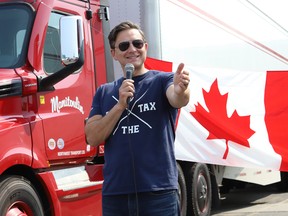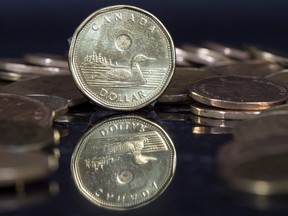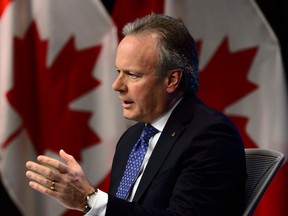The recent election in the United Kingdom has brought about a significant shift in the British political landscape, with Keir Starmer officially becoming prime minister after King Charles III’s appointment. This development has sparked renewed hopes for a free-trade deal between the UK and Canada, an agreement that has been pending since Brexit.
A Strong Foundation for Cooperation
According to Achim Hurrelmann, a professor of political science at Carleton University, the two countries have maintained strong ties over the years. "Even though the (Canadian) Liberal Party and the Conservative Party in the UK are of different party families, they have generally worked together well on international and trade issues," he said.
This cooperation is rooted in a continuity agreement that has kept most of the former European Union’s trade rules in place until a separate deal is inked. The UK is Canada’s fourth-largest trading partner, with bilateral trade amounting to approximately $45 billion per year.
A New Era for Trade Negotiations
The Labour Party’s election manifesto pledged to reset international relationships and start inking trade deals. While there was no specific mention of trade with Canada in the document, Hurrelmann believes that this reflects the fact that there are bigger concerns around trading with Europe in the post-Brexit era.
However, he also notes that the underlying issues in trade talks with Canada have not changed and are largely non-partisan. This means that the Labour Party’s stance on trade with Canada is unlikely to be significantly different from its predecessors.
Lessons for Canadian Politicians
The resounding defeat of the incumbent UK government may hold lessons for Canadian politicians, particularly those in the Liberal Party. Justin Trudeau has been in office for nine years, and his party’s polling numbers have been steadily declining. The British Conservatives’ experience serves as a cautionary tale for those hoping a new Liberal leader will turn the tide.
The Path Forward
While there are no immediate plans to restart trade negotiations with Canada, Hurrelmann believes that this may not be necessary. "I talked to a UK trade negotiator a few months ago, and they said these issues are really not important enough to make any major concessions that could hurt the government standing with domestic constituencies," he said.
The Labour Party’s focus on resetting international relationships and inking trade deals suggests that there may be opportunities for cooperation between the two countries. Prime Minister Starmer has pledged to work towards concluding a trade deal, and his government may be more willing to engage in negotiations than its predecessor.
Conclusion
The recent election in the UK has brought about a new era in UK-Canada relations, with renewed hopes for a free-trade deal between the two countries. While there are challenges ahead, including the need to address underlying issues in trade talks, the Labour Party’s focus on cooperation and negotiation provides a positive outlook for future agreements.
Recommendations
- The Canadian government should take advantage of the renewed interest in trade negotiations with the UK.
- The Labour Party’s focus on resetting international relationships and inking trade deals suggests that there may be opportunities for cooperation between the two countries.
- Prime Minister Starmer’s pledge to work towards concluding a trade deal provides a positive outlook for future agreements.
Next Steps
The next steps will depend on the actions of both governments. The Canadian government should take a proactive approach to engaging in negotiations with the UK, while also addressing the underlying issues that have hindered progress in the past.



